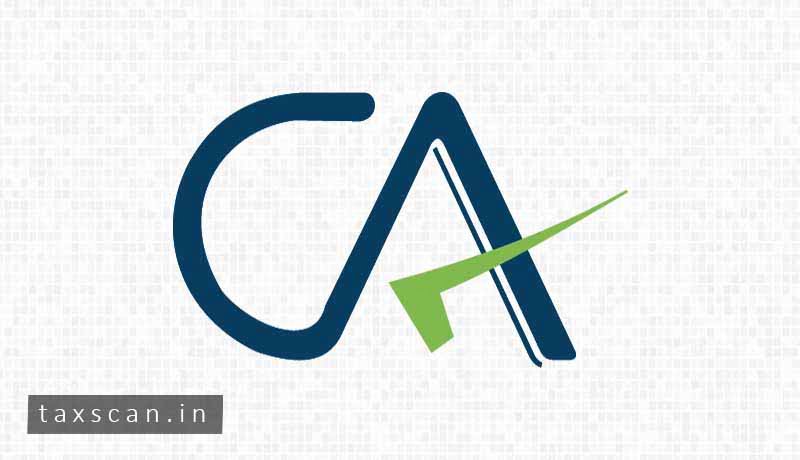Courts have Limited Role in Adjudicating Matters relating to Professional Misconduct of CAs, says Gujarat HC [Read Judgment]

Chartered Accountant – Exemption Business Connections – Taxscan
Chartered Accountant – Exemption Business Connections – Taxscan
While removing a chartered accountant from the register of Institute of Chartered Accountants in India (ICAI), a division bench of the Gujarat High Court observed that the Courts have very limited role in adjudicating such cases since the enquiries and findings of the disciplinary committee of the ICAI were found just and reasonable.
In the instant case, disciplinary proceedings were initiated against the respondent, a Chartered Accountant, on the basis of the re-audit report filed by the Registrar of Cooperative Societies, Gujarat State wherein some serious allegations were made. The report stated that the respondent had neither disclosed nor reported serious irregularities in the accounts of the Bank and that the respondent had failed to disclose material mis-statements which were not disclosed also in the financial statement of the Bank though they were known to him.
As per the report, the respondent had shown gross negligence in performing his professional duties and had failed to obtain sufficient information to warrant the expression of opinion. After enquiry, the disciplinary committee suggested the Council to remove the name of the respondent from the roll for two years. Subsequently, the Council forwarded the matter to the High Court for final orders.
Analyzing the definition of the term “misconduct” the bench noted that it would mean such conduct which is wrong, improper, unlawful or transgression of an established and a definite Code of Conduct. The bench stated that “As is evident from reading the provisions of Section 21 of the Chartered Accountants Act, 1949 the High Court can remove any member of the profession for a stipulated period or permanently from the Membership of the Institute. However when an important body particularly a statutory body like the Council, in the present case finds a member of the Institute guilty of the misconduct and forwards the case to the High Court with its recommendations under Section 21(5) of the Chartered Accountants Act, 1949, its findings based on material on record would ordinarily not be disturbed unless found to be unjust, unwarranted or contrary to law.”
While confirming the penal action against the chartered accountant, the bench observed that “this Court while deciding a Reference needs to keep in mind the limitations of its role. It does not sit in appeal over the decision making process of the Disciplinary Committee and the recommendations so made by the Council of the Institute. Hence in examining the Report and the recommendation of the Council it cannot re-appreciate the evidence on record or assess the findings of the Committee as an Appellate Authority.”
The bench also added that the Council, being the custodian of its members, can make recommendations to the High Court to act on such recommendation. “Once a Council as a custodian finds that its Member has committed a breach of its code of conduct and has done anything detrimental to the interest and prestige of the profession,he is liable to disciplinary action under,Section 21 of the Chartered Accountants Act,1949,” the bench added.
To Read the full text of the Order CLICK HERE

